Last week, I ran uphill to a nearby lake.
Reaching the hilltop, a flattened space surrounded by fault-line canyons, a dozen others were gathered in a circle. Headlamps cast a ghostly glow of directional light, painting the group in sepia tones like the lingering shadows of a daguerreotype, shimmering with our fidgets against the morning chill.
Just beyond was the lake, an old reservoir built when Oakland was a young town, a semi-lawless village really, just starting to carve itself into the western edge of the American frontier.
Every Thursday for the last decade when the clock strikes 6:30am, the run steps off for a morning ritual along city streets that border the steep hillsides of the East Bay.
‘Breakfast Club’, as we call it, started as a few of us trying to get a few miles of running in before work. And it’s evolved over the years, participants changing as people come and go. What’s stayed constant is folks from different backgrounds and professions—physicians and checkout clerks, grad students and physical therapists, yoga instructors and software engineers—rubbing elbows for a few miles of casual jogging.
In a small way, we’re pushing back against a larger trend.
As Derek Thompson explains in his recent Atlantic cover story “The Anti-Social Century,” Americans are retreating into private spaces, detached from their neighborhoods and communities.
Isolation is increasingly the norm. It’s the result of slashed funding for public spaces, the rise of the automobile, larger homes, and television. And of course, the phones.
Research shows that digital isolation doesn’t just sever ties—it reshapes them. It strengthens some bonds, while eroding others. Most weakened is what Thompson labels the “middle ring” of familiar people who live near or around us, our local, day-to-day relationships.
We fill the void with more tribal allegiances of like-minded folks connected across disembodied digital distance. When our only strong ties are these tribal connections, they reinforce our biases and preconceived notions, making us less capable of finding common ground amid difference.
*
Thompson’s essay, sent to me by a friend, struck deep. And it made me grateful for the little weekly run.
We usually finish with a short circuit around the block near a train station. We step up onto the concrete sidewalks, our breath exhaling with the flow of conversation and sound of railcars overhead as we run beneath the elevated tracks. Goodbyes are tossed out as some peel off to make early work meetings, while others join for a quick coffee at the nearby cafe.
This newsletter evolved from this weekly run and I’ve mentioned it before. I’m proud January marks ten years of the club, but I don’t bring it up again to virtue signal. The truth is that keeping it going really hasn’t required much work. We just show up and be friendly.
It’s a small ritual, gathering people of disparate interests together for a pleasant hour of movement, with a coffee afterwards.
And it’s in little rituals that Thompson sees hope:
“No one can say precisely how to change a nation’s moral-emotional atmosphere, but what’s certain is that atmospheres do change. Our smallest actions create norms. Our norms create values. Our values drive behavior. And our behaviors cascade.”
Big things have small beginnings. By taking a simple step, you help create chains of social improvement. Chat with a person on the train and you’ll both feel better at work. Volunteer for the HOA board and you’ll build colleagues who might help each other find the next gig after a layoff. Start a neighborhood trash pick-up and neighbors who meet might become babysitters for each other.
You won’t bring peace to the Middle East by joining a board-game night at a bar, but you’ll probably have a nice time in the company of people who think differently from you.
Perhaps that’s what makes a morning ritual like Breakfast Club so vital—it’s a middle ring of connection, fleeting but luminous like the sunrise over those California canyons. It offers glimmers of social hope in a landscape darkened by alienation. And maybe many little gatherings like this are enough to start a cascade: one conversation leading to another, gestures rippling outward, reminding us that change begins with a single footstep together.
Thanks for reading.
*
You can find details about the Breakfast Club on Strava. Or join us for a coffee afterwards at Ain’t Normal cafe in Oakland for a sip and nibble. If you’d like to know more, reply and I’ll give ya more details.
Five things I loved
Two Children’s Books about Animals: Impossible Creatures by Katherine Rundell and Redwall by Brian Jacques
After a friend at Breakfast Club (see above) pointed me to Rundell’s electric biography of John Donne, I devoured her 2024 children’s book Impossible Creatures. It’s like reading the lovechild of C.S. Lewis and Phillip Pullman, where magical creatures exist just out sight in a secret world near the British Isles.
Rundell made me nostalgic for the middle-grade books of my own childhood, so I tracked down a copy of Brian Jacques’s classic Redwall. The characters are flatter than I remember, but the colorful world in and around the abbey of Redwall was a feast of fantasy comfort food over the holidays.
F. Scott Fitzgerald’s Short Stories. I also reread The Great Gatsby over new years. Every time I revisit Fitzgerald’s classic, I feel like I’m reading a different book. New scenes jump out at me, quips I glossed over in previous readings now hit with punch. It led me to read a few of his short stories, including “Bernice Bobs Her Hair,” which has this savage piece of prose: “Yet how bored they both looked, and how wearily Ethel regarded Jim sometimes, as if she wondered why she had trained the vines of her affection on such a wind-shaken poplar.”
“Is It Ok to Just Work All the Time?” (
)PJ Vogt talks with Ira Glass about devoting your life to work. Glass, creator of This American Life, talks about how he started the show and what motivated him to spend most of his adult life in the singular pursuit of making it better. What I loved about this conversation was its attempt to create a richer vocabulary for work lovers beyond “workaholism.”
Smart Bird Feeders
For Christmas, my brother gifted our father a “smart” bird feeder from BirdBuddy that features a digital HD webcam that captures the birds as they eat feed. (Who needs surveillance capitalism when you can have surveillance avian capitalism, amirite??). It seemed like a novelty gift, but the definition on the video is extraordinary. Our family text thread is now adorned with beautiful videos of wrens, finches, and mockingbirds.
Here are some favorite moments thus far:
New Balance Fuel Cell Rebel
As I start gearing back up for some races this year, I’m finding value from the lightweight Fuel Cell Rebel. The speedy New Balance trainer has a responsive reaction to the ground, even without a midsole plate. For me, the lack of a carbon-fiber plate is a plus as they tend to make my feet feel a little torqued. So I’m digging the race-day feel without sacrificing flexibility.
Tweets of the week
Parting thought
“Growth for the sake of growth is the ideology of the cancer cell.”
- Edward Abbey, hat tip


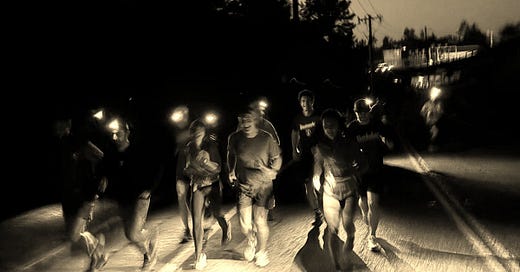


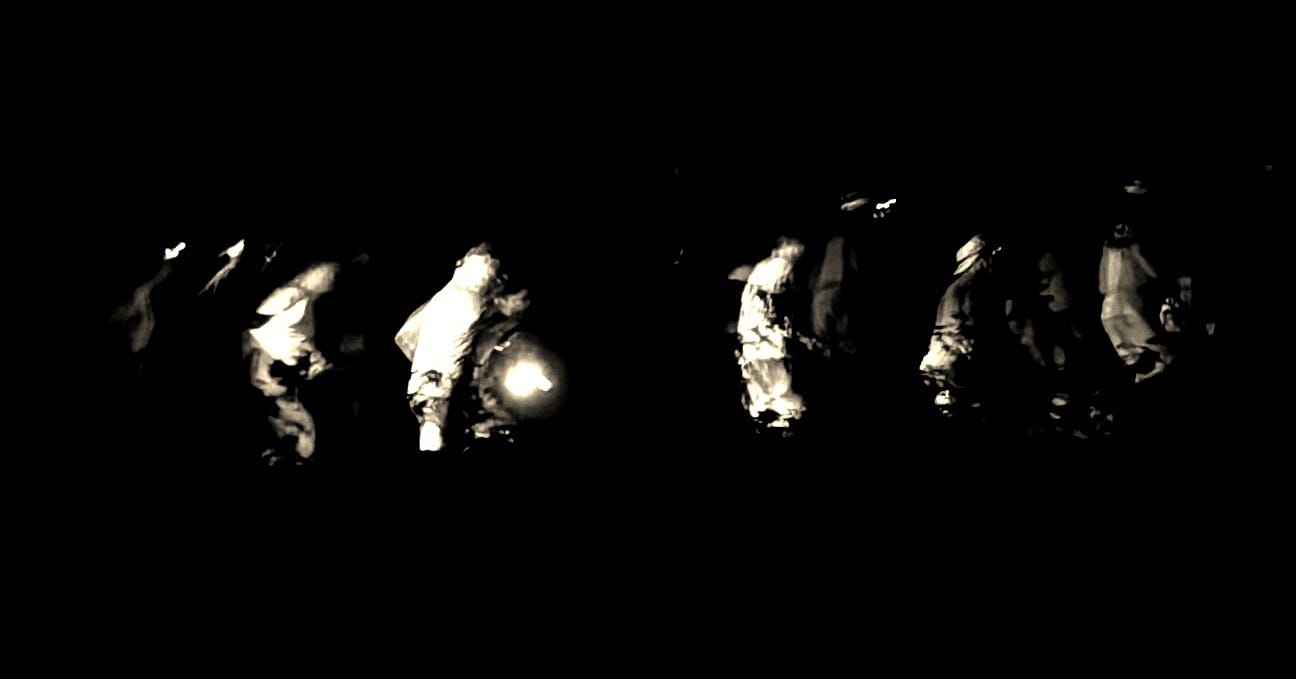

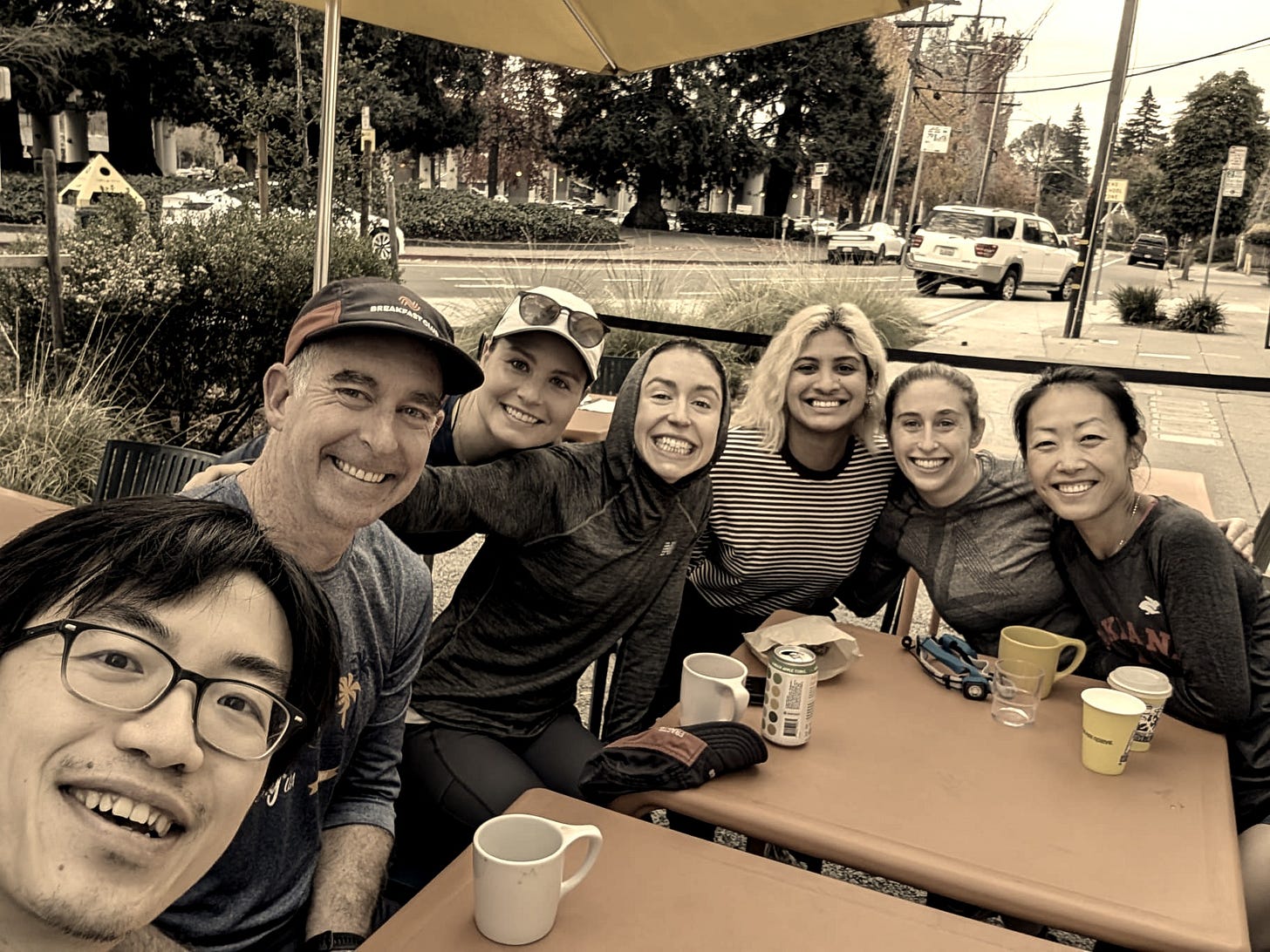
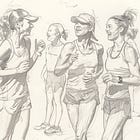


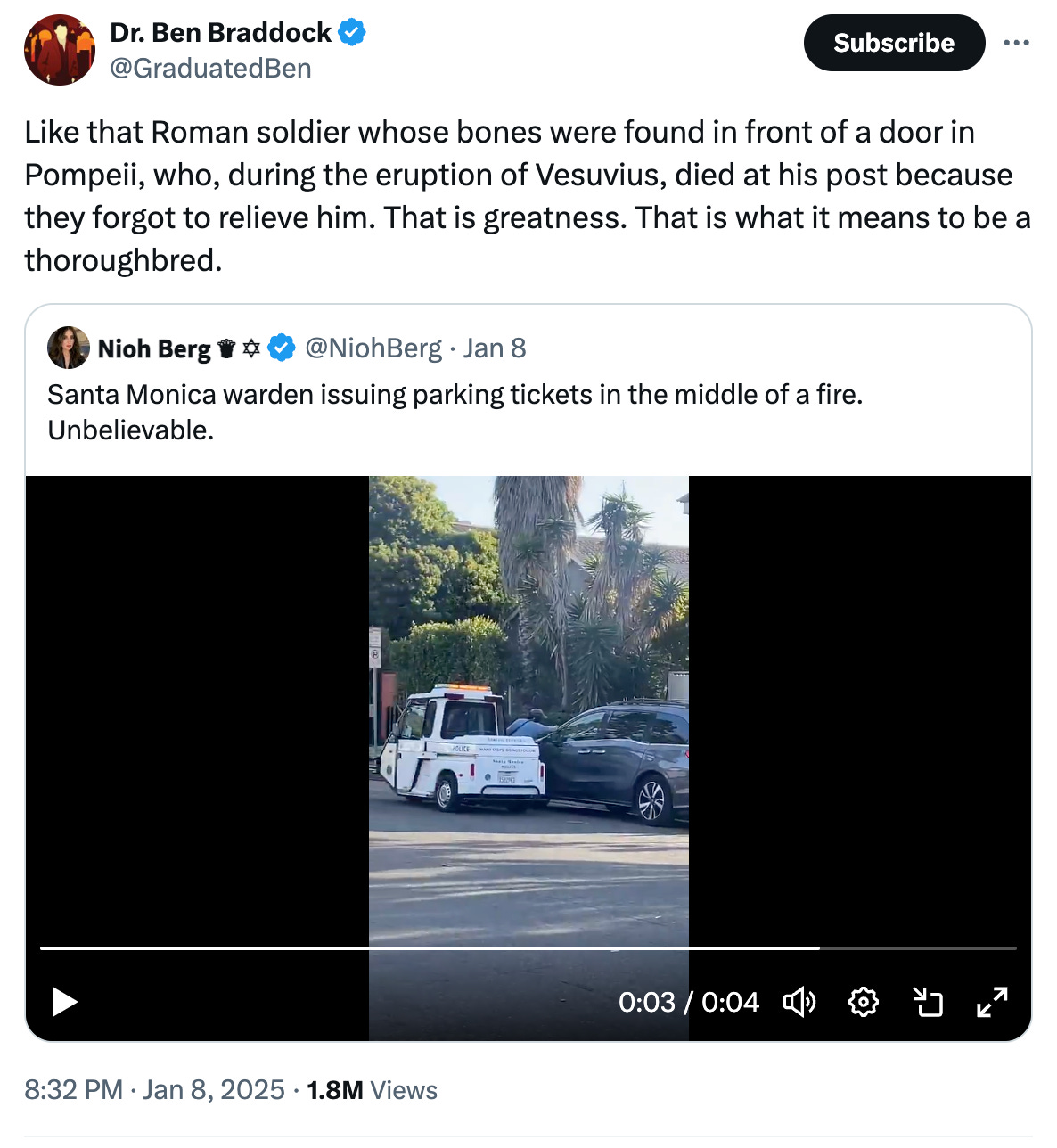

Loved these reflections, Sam. Made me think of a Murakami line: ”Maybe working on the little things as dutifully and honestly as we can is how we stay sane when the world is falling apart.”
always spot on Sam. Hi from Paris, France